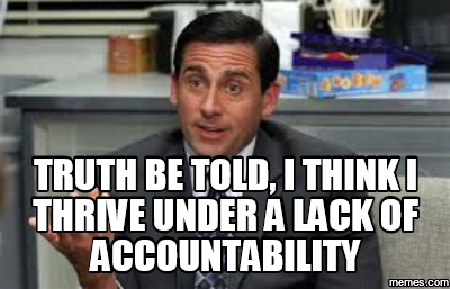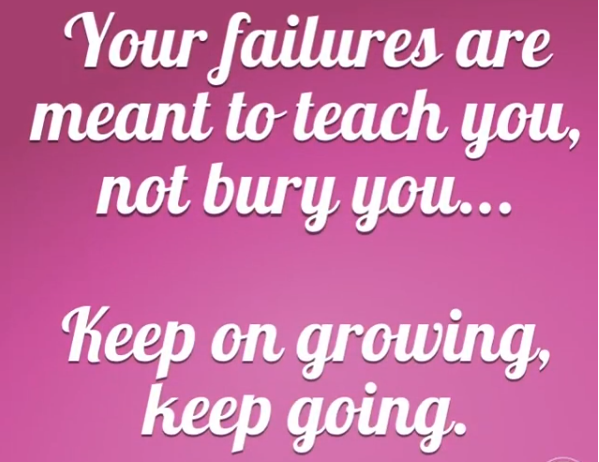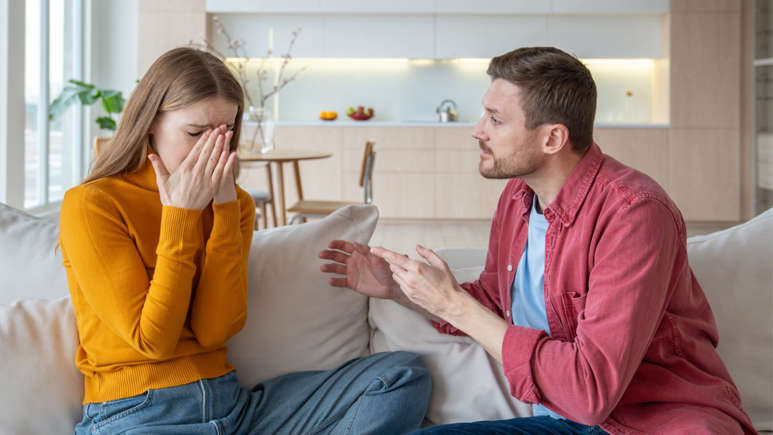People who believe others perpetually attack them and talk about this with everyone they encounter are called empowered victims. They are empowered because their stories get them attention and validation from others. If you sit down and give these individuals an audience, they will have many sad stories to share. You will learn that multiple people have treated them appallingly throughout their adult lives.
Most notably, empowered victims will often refuse to take accountability for their role in any negative experiences they’ve had. The awful scenarios they’ve gone through with people are always the other person’s fault. Since they believe they only act appropriately, they don’t take accountability for their behaviour and choices.

Empowered victims frequently present themselves as rational, kind-hearted people who can do no wrong but somehow keep getting involved with evil people who hurt them. Someone with compassion might initially feel sorry for them and become compelled to help or encourage them to feel better.
One of the most significant signs you are dealing with an empowered victim is that they will share some of their life’s greatest tragedies with you very early in the relationship. This can come across as them trusting you, but they often do this with almost everyone because they lack healthy boundaries.
We have all experienced adversity and misfortune; some of us have experienced much more of it than others, but when we divulge this information and to who speaks volumes about our personality and mental health. Establishing healthy boundaries is crucial for our emotional well-being and empowers us in our relationships.
Trauma dumping is a term used to describe when a person unloads the details of their horrific experience onto someone without regard for its impact. This can happen as a coping mechanism when a person has PTSD, but it is not a healthy behaviour. It is natural to want our close relationships to provide emotional support. Still, if your connection with someone is more like that of a therapist and patient rather than a genuine friendship, there is likely something amiss. Trauma dumping can be overwhelming and can lead to emotional exhaustion for the listener.

Another sign you could be dealing with an empowered victim is that they frequently move from one serious problem to another. There is always a big or little drama occurring in their lives, which, according to them, is never their fault. If nothing is challenging them at the moment, they will likely bring up past incidents where they felt someone was malicious towards them, and they will discuss it from their perspective for years to come. They are perpetual victims and need people to feel sorry for them. Even if they demonstrate positivity, they are often in a predicament, indicating that they are stuck in a pattern of poor decision-making.
Empowered victims take more energy than they give to others. Although they may speak kindly and encourage you to move forward with your goals, they rarely go out of their way for anyone or take actions to help others that match their words. They will always have an excuse as to why they can’t physically do anything to help you.

Individuals who repeatedly share energetically heavy and personal information with anyone who will listen are usually empowered victims. They are takers in relationships and don’t give back very much. They do not inherently possess evil characters, but rather need guidance and education to develop personal insight and accountability. With proper support, they can develop self-awareness, establish healthy boundaries, and foster mutually beneficial relationships.
If you find yourself involved in some way with an empowered victim and are unsure how to create distance, remember that change is possible. Implementing better boundaries to protect your emotional well-being is the first step in maintaining your overall mental health.
Similarly, if you suspect you may be an empowered victim, know that help is available. Booking a Discovery Call is the first step towards understanding your behaviour and making positive changes in your life. Seeking help is not a sign of weakness but a step towards self-awareness and personal growth.




